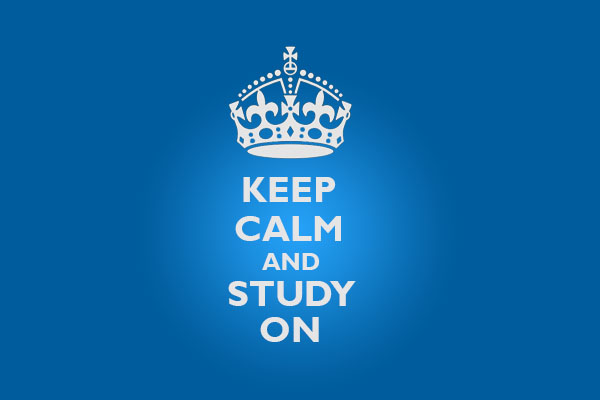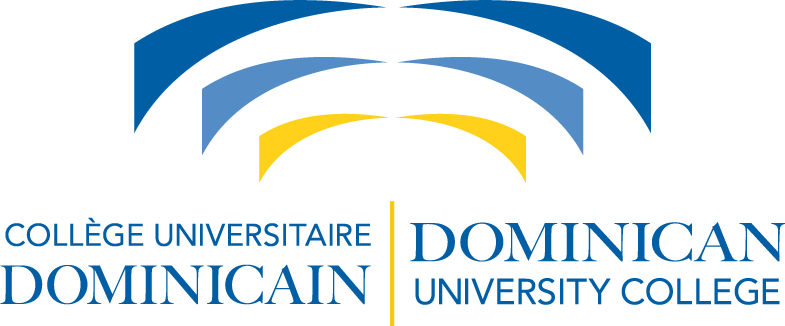Blog - Blogue
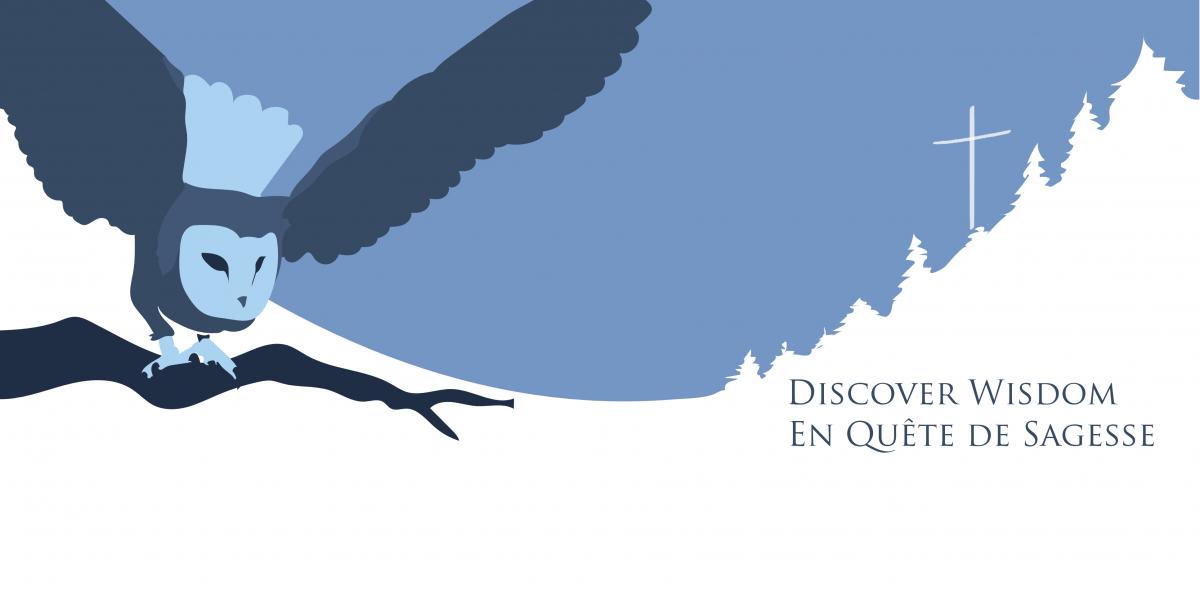
-
Être bienvenus! / Welcome
vendredi 05 septembre 2014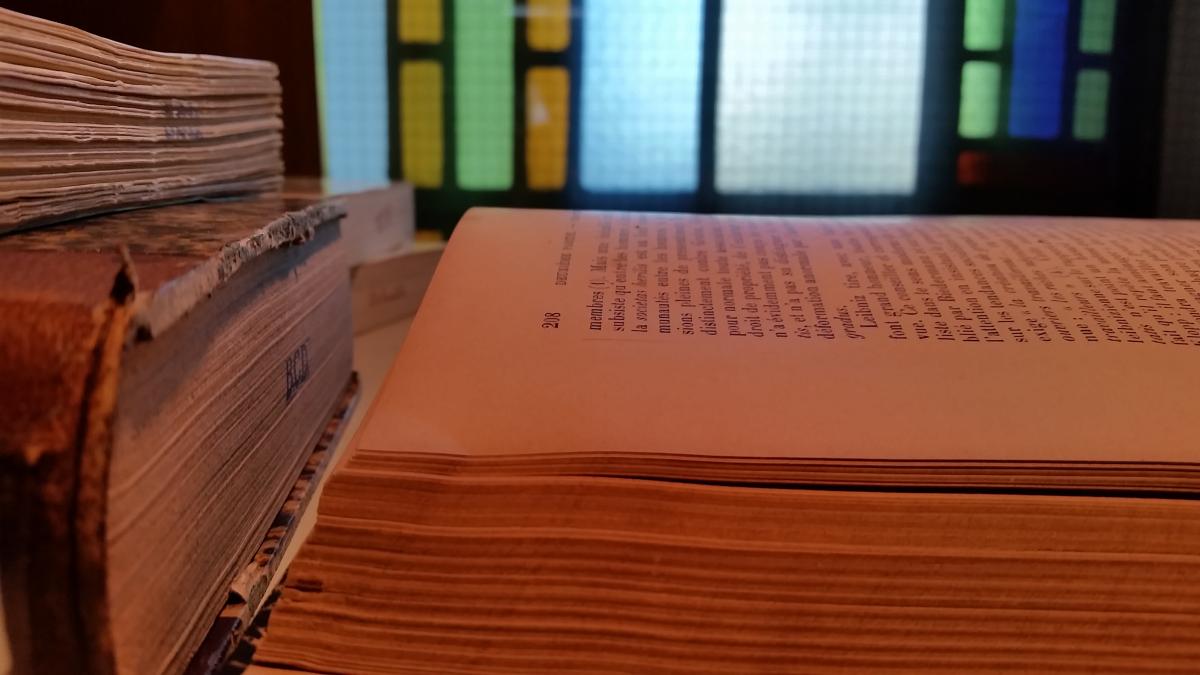
Être bienvenus!
Vous entrez au Collège Universitaire Dominicain. Je m’en réjouis. Vous plongez donc dans un lieu où la quête de la sagesse imprime fortement sa marque. Dans ces conditions, permettez que, d’entrée de jeu, nous réfléchissions brièvement à ce que signifie « être bienvenu ».
Comme souvent dans la vie, les expressions quotidiennes recèlent des trésors. « Être bienvenu », c’est plus complexe qu’on le croit! À y réfléchir, on découvre que cela implique plusieurs mouvements.
Être bienvenu, c’est être bel et bien arrivé dans un endroit. C’est avoir pérégriné, voyagé jusqu’à un port que nous cherchions à atteindre et nous en réjouir.
Mais s’il n’y avait que cela, serions-nous « bienvenus »? Nous serions arrivés mais serions-nous véritablement « bienvenus » ? Peut-être pas tout à fait…
Pour être « bienvenu » - et pas seulement arrivé à bon port - il importe d’être accueilli, reçu. Comme s’il fallait que quelqu’un nous dise, nous révèle, par son accueil même, que nous sommes arrivés, que ce que nous cherchions est désormais à portée de main, d’oreille, à portée de regard.
Mais est-ce suffisant pour « être bienvenu »? Pas tout à fait encore!
Vous êtes arrivés. Vous avez été accueillis, reçus. Pour être « bienvenu », pour le sentir et que cela devienne vivifiant, un dernier mouvement importe. À votre tour, il vous faut accepter de recevoir, d’être reçu… et vous en réjouir!
En ce temps de l’année universitaire où vous arrivez au Collège Universitaire Dominicain, sachez qu’il nous fait plaisir de vous recevoir et de vivre ces prochains semestres avec vous. Soyez donc les bienvenus!
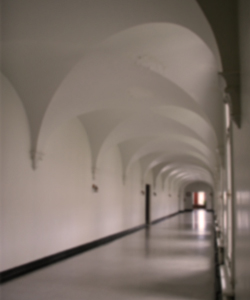
Welcome…
We, at DUC, have been looking forward to your arrival in our classes and in our community. We are excited to meet you, to journey with you...to seek wisdom with you!
Students returning for another year: your presence was missed this summer. A university – as you know – is not a building or professors; it is a community made possible thanks to the coming together of students, professors and staff! We hope you feel warmly welcomed!
New students: be assured that DUC hopes to become a “home” for you. Welcoming you is a festive moment. It is not just a moment, in early September, but it will be an ongoing event that will take place daily in the classrooms and during the different events of the academic year!
Enjoy your stay and your journey at DUC.
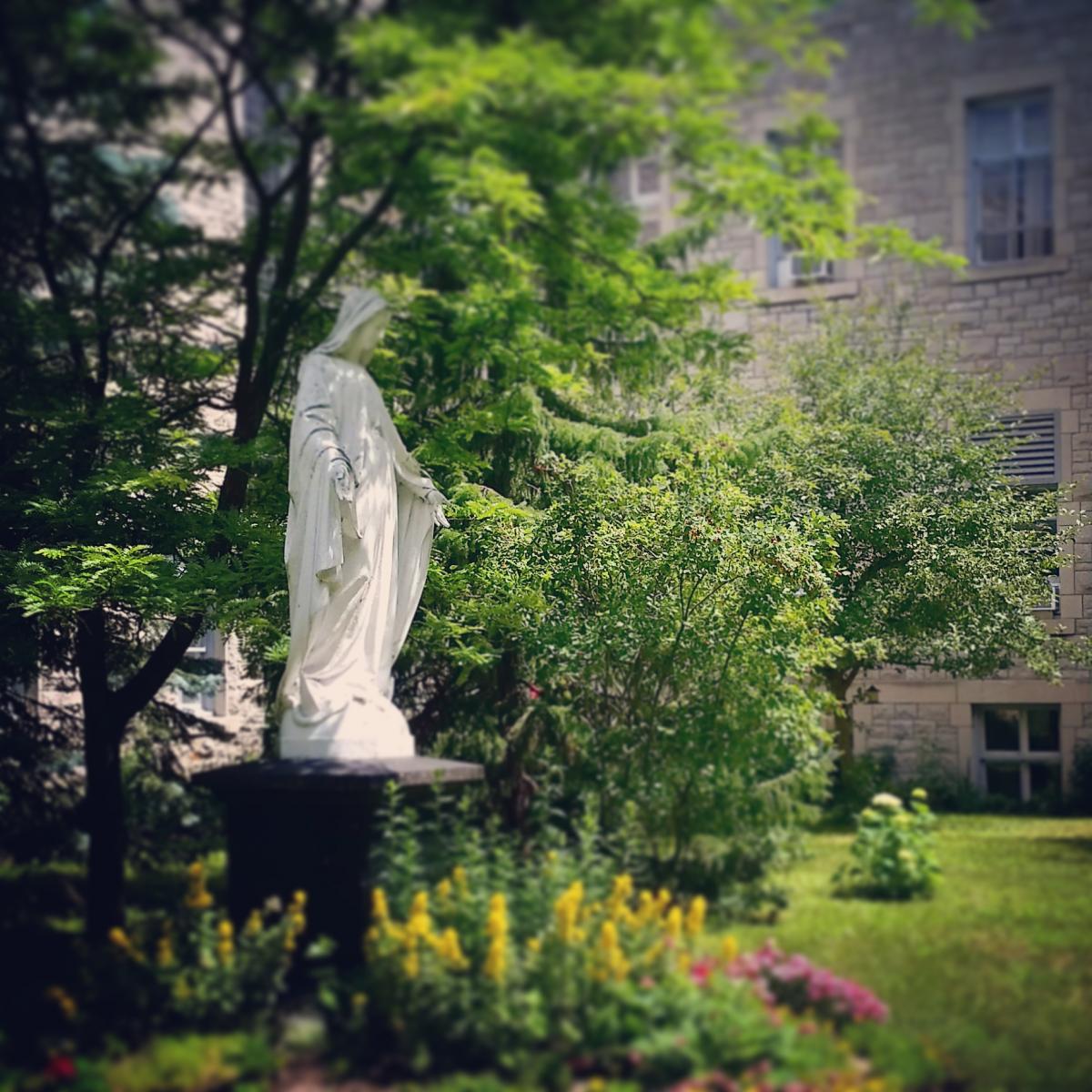
-
Doing philosophy where it hurts...
vendredi 29 août 2014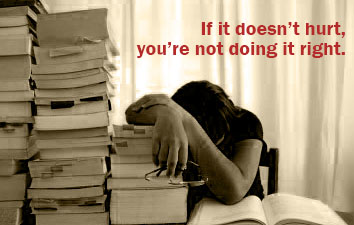
I’ll never forget the odd feeling during my first year of grad school when one of my professors opened his seminar on Analytic Philosophy by saying ‘If you don’t tell me where it hurts, I can’t help you.’
What a bizarre thing to say to a bunch of graduate students who were ready to take apart ‘On Denoting’.
And yet, I could not shake the feeling for a long time.
The professor became my thesis advisor and a dear friend. Being now on the other side of the barricade myself, I can’t help but come back to that same odd feeling every time I stand in front of students for the first time. I feel a mixture of anticipation, fear, and sympathy for the poor souls who are about to enter, often unsuspecting and unprepared, a world much stranger than fiction.
A world full of metaphysical monsters and conceptual impossibilities, a world of marvel and pain. A world in which reality is subject to definition and re-definition.
Philosophy is the strangest discipline to study. It is the strangest occupation to hold. Philosophy hurts. If it doesn’t hurt, you're not doing it right.
Imagine examining the most intimate and internal sensation one has—the sensation of pain— and examining it from both a first and a third-person point of view... Well, that’s what philosophy does.
Philosophy is not knowledge about life, or built-up on the so-called ordinary life. It is a way of life. A self-examining, self-defeating way of life.
Philosophy takes courage and doggedness. Courage to make mistakes and admit them; courage to jump between life and text, text and life; doggedness to persevere despite the contradictions life—and our beliefs about—life are mined with.
To study philosophy takes mental discipline. Staying coherent and consistent with one’s ideas is hard. Very hard. Sometimes verging on the impossible.
But it also takes compassion. A disciplined compassion, if you will. To understand is to feel, to feel with others – to try to understand them as well as make yourself understood. And this takes guidance and mentorship.
I’d like to think that in a philosophy class, everyone guides everyone. There are no well-defined roles. Which puts everyone on the spot and tests everyone’s limits without making anyone feel out of place. And this, as an educational experience, is priceless!
